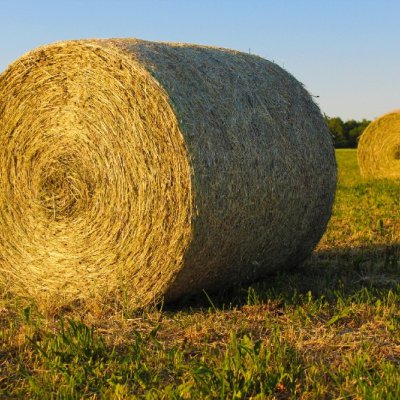Traducción
■■■■■■■■■■■■■■■■■■■■■■■■■■■■■■■■■■■■
Palabra por palabra
Ejemplos
Dicen que va a hacer calor este fin de semana. | They say it is going to be hot this weekend. |
Esta comunicación va a hacer calor - ¡créeme! | This communication will get hot - believe me! |
Primero que nada, va a hacer calor. | First and foremost, it is going to be hot. |
Mañana va a hacer calor. | Tomorrow, it will be hot. |
Así sabemos que temperatura tenía el planeta y podemos trazar los datos y hacer predicciones de cómo viene le futuro (alerta de spoiler: va a hacer calor). | That's how we know what temperature the planet used to be and how we can plot the data and form predictions about what the future holds (spoiler alert: it's gonna get hot). |
Estoy haciendo la maleta, pero como no sé si va a hacer calor o frío, no sé qué llevar. | I'm packing, but since I don't know whether it's going to be hot or cold, I don't know what to take. |
Va a hacer calor. | It's gonna be a warm day. |
Va a hacer calor. | Gonna be a scorcher. |
Lleva agua contigo. Va a hacer calor hoy. | Take water with you. It is going to be hot today. |
Vamos a la playa este fin de semana. Va a hacer calor. | Let's go to the beach this weekend. It will be warm. |
Palabra al azar
¡Tirar los dados y aprender una palabra nueva ahora!
¿Quieres aprender inglés?
¡Aprende inglés gratis!












